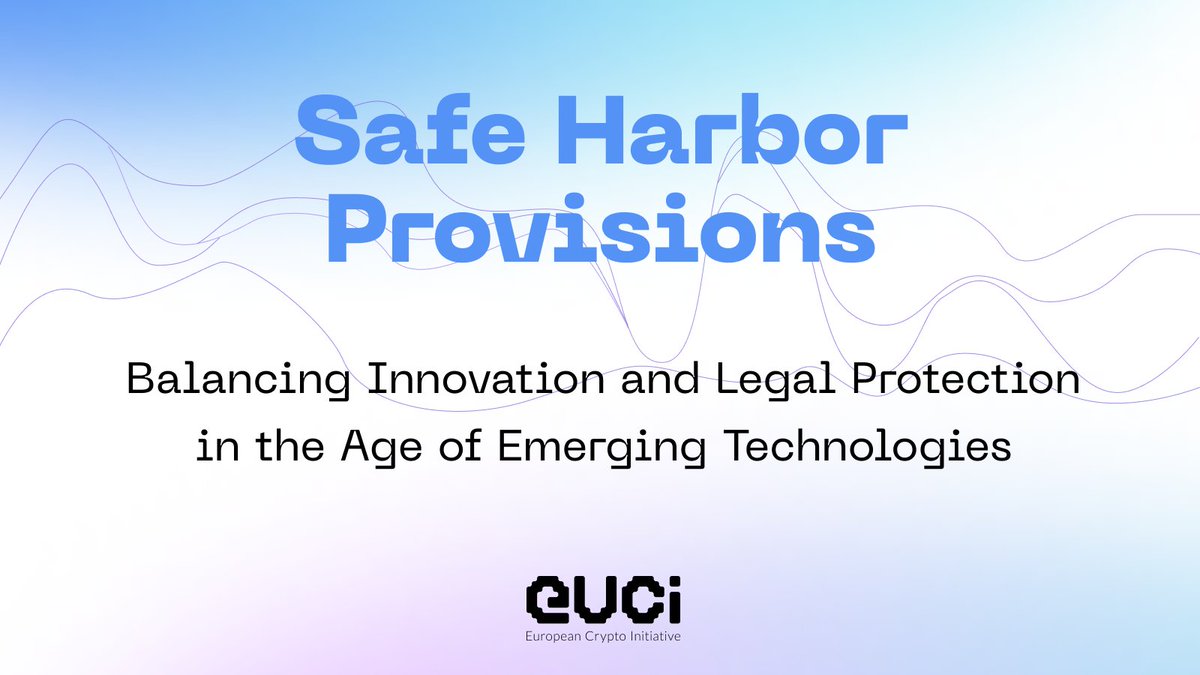1/ Are you curious about how regulators can foster innovation in industries like #blockchain and #cryptocurrency while ensuring compliance? Enter the world of regulatory sandboxes 🧵 

2/ Regulatory Sandboxes are an approach that empowers businesses to test their innovative products and services in real-world settings while being closely monitored by regulatory authorities.
3/ Unlike traditional regulation, regulatory sandboxes create an environment where regulators collaborate with innovators, ensuring that new ideas and business models adhere to #compliance requirements.
4/ This partnership allows both parties to identify potential risks and issues early in the development process while fostering innovation and growth in emerging technology sectors.
5/ Examples can be found worldwide: from the UK's Financial Conduct Authority pioneering the first formal #FinTech regulatory sandbox in 2016 to the Monetary Authority of Singapore offering a versatile FinTech Regulatory Sandbox catering to diverse needs -
6/ - to Denmark's Financial Supervisory Authority launching the FT Lab initiative to support selected companies in testing their groundbreaking financial products and services.
7/ Stay tuned as we delve deeper into the world of regulatory sandboxes and explore how this approach can unlock the full potential of emerging technologies while maintaining a strong focus on regulatory compliance.
#CryptoRegulation #blockchain
#CryptoRegulation #blockchain
• • •
Missing some Tweet in this thread? You can try to
force a refresh

 Read on Twitter
Read on Twitter










